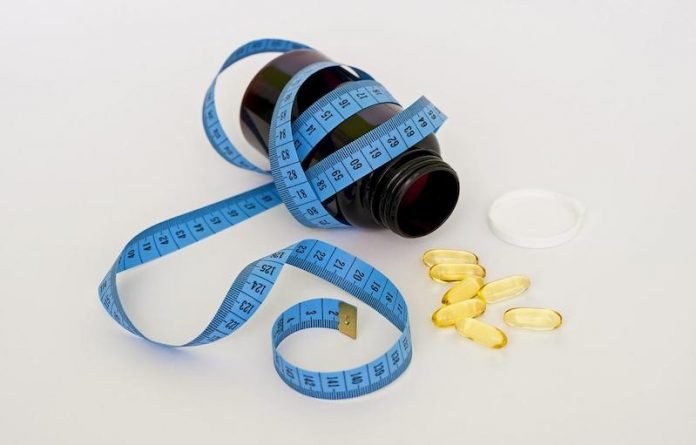
Scientists from Oregon Health & Science University found the virus that causes COVID-19 undertakes a massive takeover of the body’s fat-processing system.
This creates cellular storehouses of fat that empower the virus to hijack the body’s molecular machinery and cause disease.
The team also used weight-loss drugs and other fat-targeting compounds to try to stop the virus in cell culture. Cut off from its fatty fuel, the virus stopped replicating within 48 hours.
The research is published in Nature Communications and was conducted by Fikadu Tafesse et al.
The team embarked on the study based on observations that people with a high body-mass index and conditions like heart disease and diabetes are more sensitive to the disease.
They studied the effect of SARS-CoV-2 on more than 400 lipids in two different human cell lines.
They found a massive shift in lipid levels, with some fats increasing as much as 64-fold. In one cell line, nearly 80 percent of fats were altered by the virus; in the other, levels of slightly more than half were changed.
The lipids affected most were triglycerides, those little packets of fat that most patients try to keep to a minimum. Triglycerides are crucial for our health, allowing us to store energy and to maintain healthy membranes in our cells.
It turns out that those oily blobs of fat are also critical for the COVID virus.
The team found that SARS-CoV2 doesn’t simply boost the number of triglycerides in our cells. The virus also changes much of our fat-processing system, changing the body’s ability to use fat as fuel.
Based on the findings, the team searched databases and identified several compounds that might have the potential to disrupt the body’s fat-processing system.
Several proved effective at stopping the virus from replicating in the laboratory.
An approved weight-loss medication, Orlistat, a lipase inhibitor, stopped viral replication. An experimental compound is known as GSK2194069 also stopped the virus.
These and other compounds worked against all the SARS-CoV2 variants tested: alpha, beta, gamma and delta.
The researchers caution that the results are in cell culture, not in people; much more research remains to see if such compounds hold promise for people diagnosed with COVID.
If you care about Covid, please read studies that new chewing gum could reduce COVID-19 transmission, and the maximum risks of COVID infection with and without masks.
For more information about Covid, please see recent studies that shark stuff could fight COVID-19 virus, and results showing whether COVID-19 virus become less deadly.
Copyright © 2022 Knowridge Science Report. All rights reserved.



